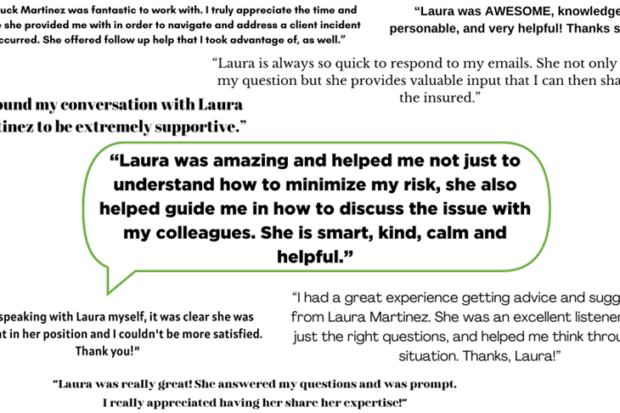As COVID-19 cases continue to increase throughout the United States, many of those who work in healthcare remain at high risk, however, the pandemic presents a unique set of challenges for dentistry professionals. Because it is necessary for dental professionals to work in an un-masked mouth, they are at much higher risk for contracting respiratory viruses such as COVID-19 from their patients. So, what can dentists do to protect their patients, their employees, themselves, and their business?
The best available safeguard for dentists right now is through education and informed consent. “Dentists should remain aware of recommended practices that are likely to change over time related to the prevention of COVID-19 transmission”, said Laura Luck Martinez, Chief Risk Officer & Executive Vice President of OmniSure. Restrictions and guidelines can vary geographically. Some areas may have restrictions that only allow for emergency dental care while other regions may have fewer restrictions that allow for increased dental care services. This requires all persons to monitor recommended practice guidelines for their location closely.
The Centers for Disease Control and Prevention (CDC) recommends infection prevention and control practices for routine dental healthcare. Prioritize the most critical dental services, proactively communicate to staff and patients to stay home if sick, and know what steps to take if a patient with COVID-19 symptoms enters the facility.
Dentists must share treatment options, risks and benefits, and obtain informed consent before proceeding with any type of care. As always, healthcare professions must always respect the patient’s right to informed consent or informed refusal. However, during COVID-19 the ramifications of not fully disclosing information or obtaining informed consent can lead to serious health and safety risks for staff and patients.
The most important thing to understand about informed consent is that it is a process, not just a form. Dentists should provide written materials that are helpful to each patient and treatment plan as an aide during informed consent discussions. The patient must fully understand the risks they are taking with any treatment plan, especially during the pandemic. This process takes as long as the patient needs.
OmniSure wants to keep you and your employees safe. For more guidance and tips, contact one of our risk managers. We’re here to help you manage risk and improve outcomes.



